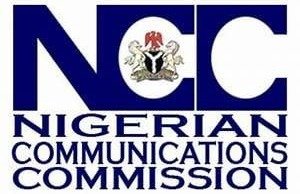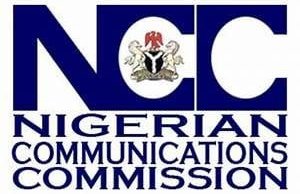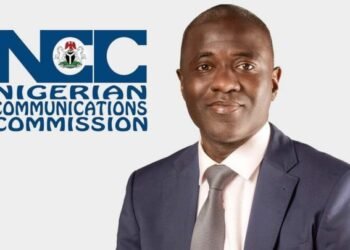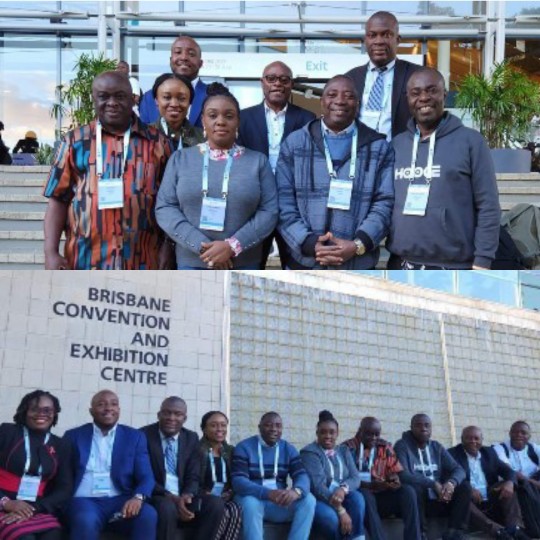Nigerian Communications Commission (NCC) has charged Mobile Network Operators (MNOs) and Internet Service Providers (ISP) to comply with regulatory frameworks emplaced by the Commission to ensure security and safety of their networks for telecom consumers.
The Executive Vice Chairman/Chief Executive Officer (EVC/CEO) of the Commission, Professor Umar Danbatta, gave the charge at the 2023 Annual Nigeria DigitalSense Forum.
The forum, which focused on Internet Governance for Development, took place in Lagos, recently.
Addressing stakeholders at the event, Danbatta said one of the regulatory framework put in place by the Commission to ensure security and safety is the Internet Code of Practice (ICP) for the telecom industry.
The ICP, he said, is essentially to protect the right of internet users to an open internet and provide clear guidelines to Internet Access Service Providers on the use of traffic management practices.
He said the ICP also outlined the obligations of Internet Access Service Providers in relation to the protection of consumers’ personal data and security.
He added that it also listed the obligations of Internet Access Service Providers in the handling of offensive and potentially-harmful content, and the protection of minors and vulnerable audiences online, among others.
Danbatta said, through upholding the tenets of Internet Governance Code, the Commission, in collaboration with other stakeholders, can make networks safe and get telecom consumers protected online.
He spoke to the theme of the event: “5G: Data Governance, Safety and Security in Nigeria”.
Danbatta said building robust legal and regulatory frameworks is a crucial requirement for effective data governance in Nigeria and that the ICP provides the framework in this regard.
The EVC, however, underscored the need for telecom licensees, especially the MNOs and ISPs, to adhere strictly to industry frameworks that seek to enthrone effective governance in internet delivery services.
Danbatta was represented at the forum by the NCC’s Head, New Media and Information Security, Dr. Chidi Diugwu.
He said with the emergence of new technologies such as the Fifth Generation (5G), currently being deployed in Nigeria, there is the need to pay greater attention to the issue of privacy, data integrity, security and online trust across telecom networks.
“As we embrace the transformative potential of newer technologies such as 5G, we must prioritise safety concerns because the amount and speed of data generated using 5G technology is unprecedented.
“As such, we need to always prioritise consumer privacy, transparency, and ethical data use.
“This can be achieved by cultivating trust and handling data responsibly, and by doing so, we can unlock the full potential of 5G technology and promote innovation in Nigeria,” he said.
The EVC emphasised that the Nigerian Communications Act (NCA) 2003 requests NCC’s licensees to ensure security prevent their network facilities or services from being used for commiting any offence under any law in operation in Nigeria.
“In this regard, licensees are required to collaborate with the Commission by complying with their legal and regulatory obligations towards ensuring effective internet governance in Nigeria,” Danbatta added.




























